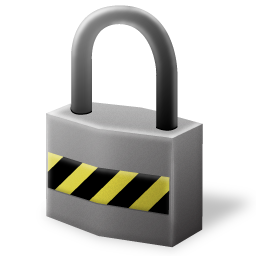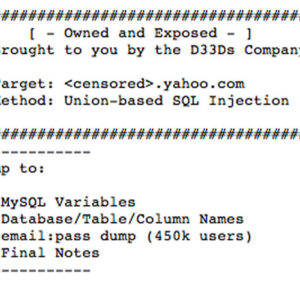3 Tips for Better Online Privacy

We’ve all seen the headlines, whether it’s Google paying record fines or Facebook making our personal data up for grabs. Every day there is some sort of threat to our online privacy. While I believe our notion of privacy will continue to evolve over time, there are a few free ways to protect yourself online.

Privacy on the web is extinct
Be vigilant while traveling
A significant amount of identity theft occurs while people are traveling. On a completely open airport network with no passwords? Maybe it’s not the time or place to change all of your online banking and credit card passwords. Whether it’s spying on you over a public network or theft of an actual device, travel is your MOST vulnerable time for privacy and fraud. Be cautious and clear. Use cash when possible. Limit your use of untrusted networks. I’m not suggesting you start wearing special aluminum foil made shields to protect from aliens, but rather you use an extra bit of caution than get your identity stolen. People who are out to get your data are all to aware of your distractions while traveling. I pity the fool who pays no attention to this simple rule! <Mr. T. Voice>
Maintain a ‘clean’ email address
Do you like to signup for mailing lists, coupons, or write reviews? Great. Use a clean or separate email address for all of these activities. Having a clean throwaway email address is a good practice, because it will help you control what type of messages you receive and from whom. Your email address is tied to all sorts of databases. Once I bought a Carter’s baby outfit for a friend and paid with my credit card. The very next day I received an email from Carter’s. WOWA. This stopped me in my tracks because I always refuse to provide an email upon checkout at a store. Because of this incident I have an email address just for reviews and another one for coupons, it hasn’t happened since. Clean email addresses keep life nice and neat. This is not the only instance of email misuse I’ve encountered. Years ago I gave my email address to an organization claiming to improve the environment. After reading some of their materials I decided to opt out. To this day I still get emails from the organization through it’s various chapters. Filters were my only way out… Learn from my foolish mistake!
Clear your cookies and cache!
Clearing your cookies and cache will help to control what sites are following you. It’s OK to accept cookies in your browser, however left to their own devices these cookies will follow you until you say otherwise. They quietly collect data on you and report back. In some instances these cookies can actually cost you more money if you believe it… I tested this on the popular kayak.com website. After doing 3 searches for a similar itinerary I noticed that the ticket prices started jumping up all of a sudden. Only 2 tickets left at that price!!! OMG! Well, turns out it was the cookies. After clearing kayak’s various cookies the price dropped back down to what it once was. If you are worried about how to delete cookies you just switch browsers – there are so many out there.
A little vigilance can go a long way when it comes to online privacy. There are many laws in place to protect consumers, however they haven’t all caught up just yet. Keep your eyes peeled and don’t let the paranoia destroy ya! Happy surfing.


